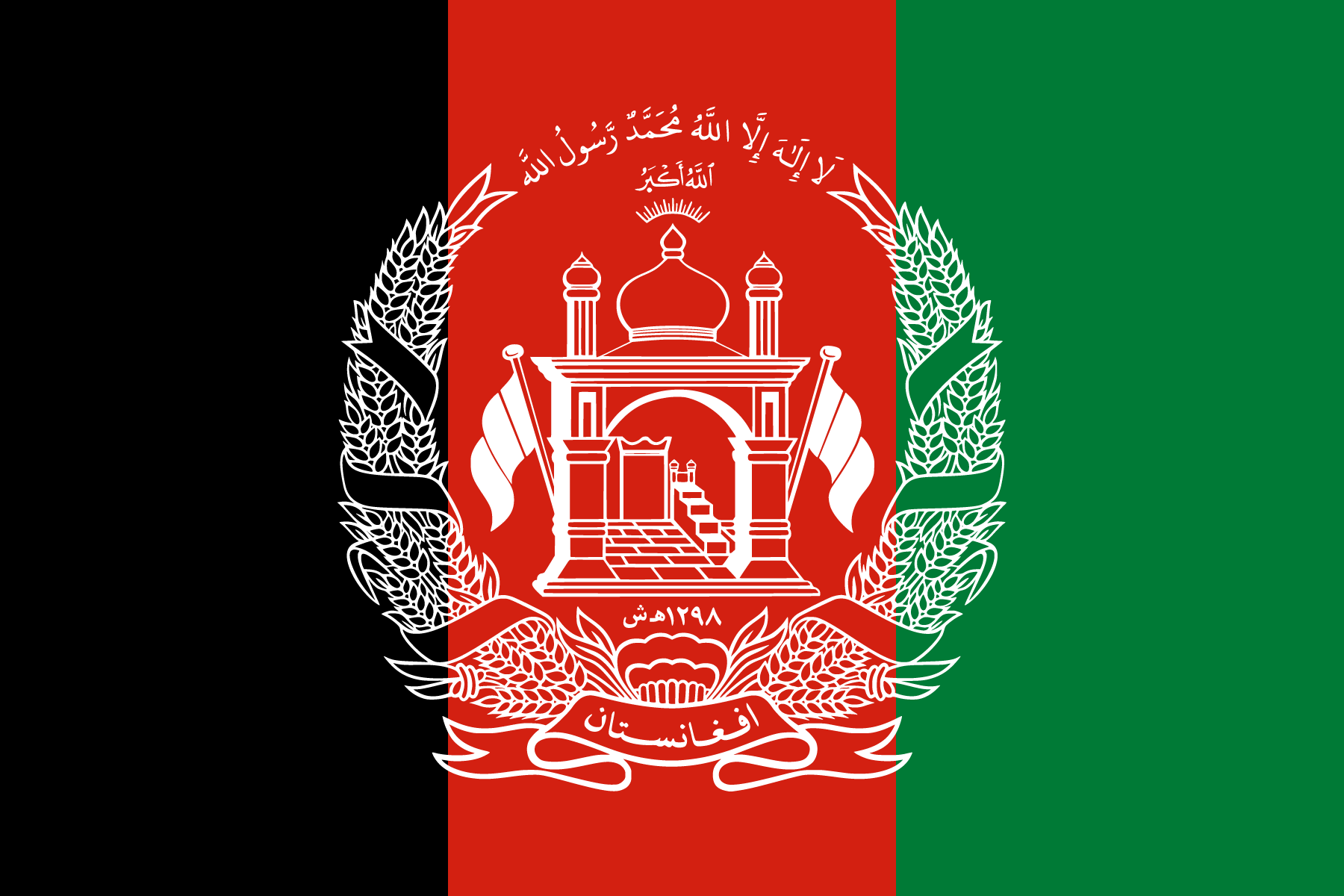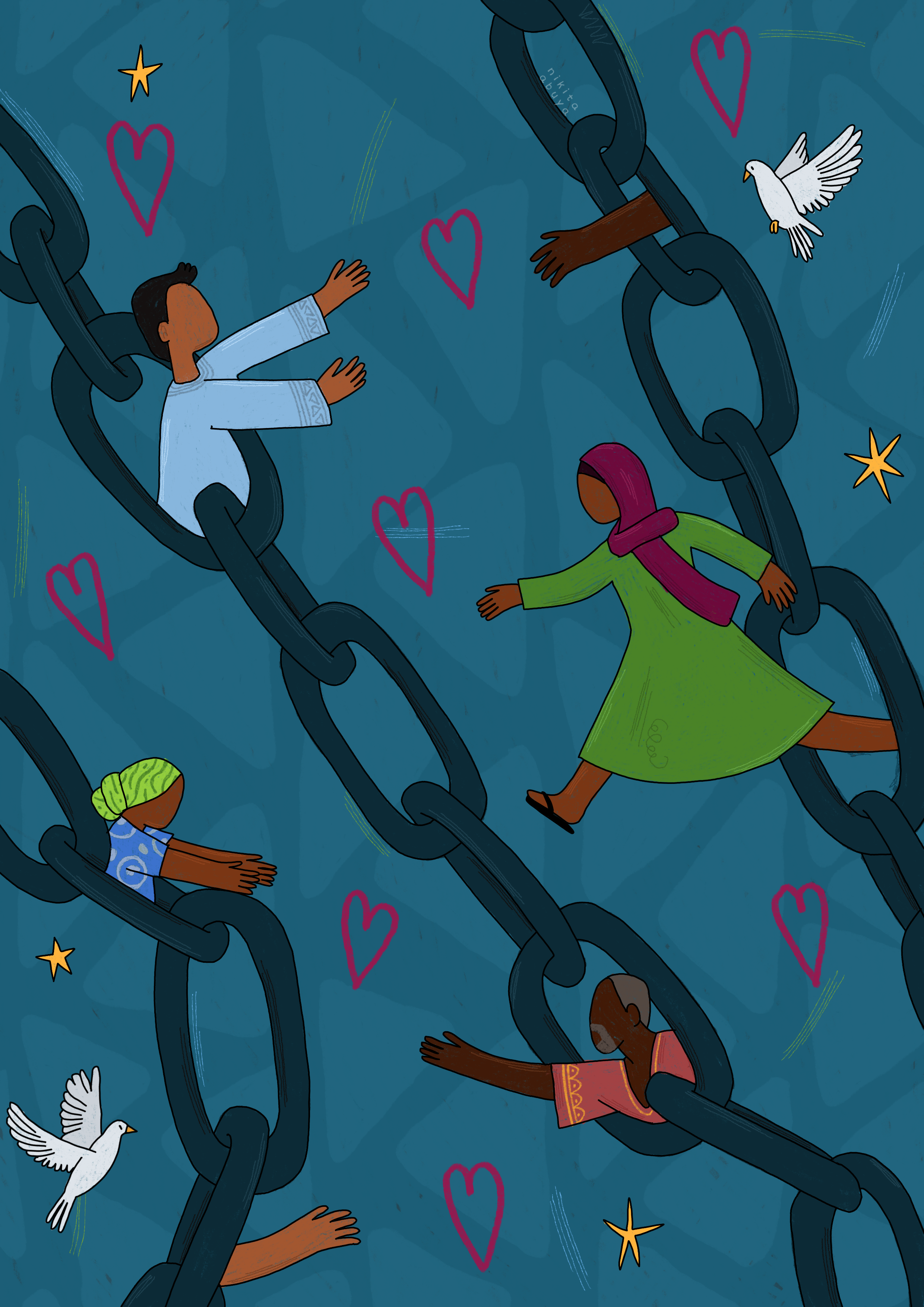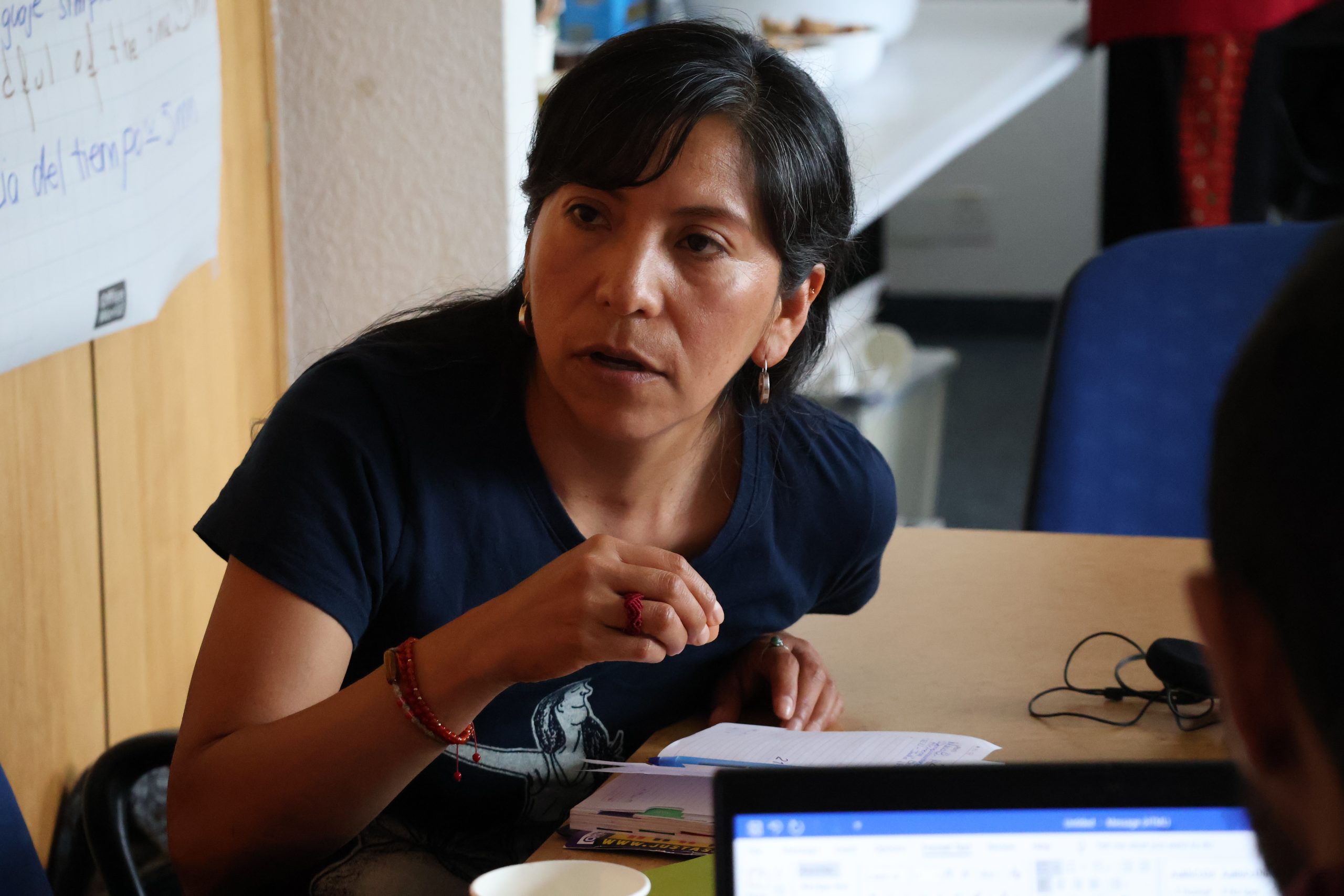
Egypt: Reform unjust vice laws, guarantee open civic space
During Egypt's UPR adoption at HRC59, Nora Noralla delivered a joint statement on behalf of ISHR, Cairo 52 and Middle East Democracy Center. Watch and read the full statement below.
flag of Afghanistan

In a joint submission for the Universal Periodic Review (UPR) of Afghanistan, ISHR and the Women’s International League for Peace and Freedom (WILPF) draw urgent attention to the ongoing gender persecution in Afghanistan by the Taliban, and the institutionalised framework of gender apartheid.
The submission highlights that ‘[In Afghanistan], the institutionalised gender-based discrimination, segregation and oppression, stemming, inter alia, from relentless misogynistic edicts and restrictions issued by the Taliban as well as their policies and practices, have resulted in the severe marginalisation and exclusion of women and girls in all their diversity, similar to apartheid on racial grounds in South Africa.’
The submission makes clear that employing an apartheid framework implicates not only the Taliban, but also all States and international actors that interact with them. Applying this framing puts pressure on governments, international organisations, and transnational corporations to avoid engaging with the Taliban in ways that show tolerance for, are complicit in and help perpetuate grave abuses and the current illegal situation.
The submission points out a wholescale erasure of women and girls in all spheres of life through restrictions and edicts, which violate the rights to:
Education: through a ban on all forms of education for girls beyond grade 6;
Freedom of movement: for example, through a requirement that women travel with a mahram (or male chaperone) for long-distance journeys, which includes a ban on women from boarding domestic and international flights without a mahram; and a decree stipulating that women should stay at home unless necessary;
Employment: for example, by banning women from working for national and international non-governmental organisations; banning Afghan women from working in the United Nations in Afghanistan; directing women civil servants to stay at home, except where they cannot be replaced by male colleagues in the health, education, and security sectors;
Take part in public and cultural life: by banning access of women to public baths, gyms, sports clubs, beauty salons and amusement parks;
Be free from violence: through the Taliban’s dissolution of the institutional framework of support for survivors of gender-based violence that was established by the 2009 Elimination of Violence against Women Law.
In light of this serious situation, ISHR and WILPF urge States to use the UPR of Afghanistan to:

Informed by the expertise and demands of women human rights defenders (WHRDs) from Afghanistan, ISHR is calling on UN experts and States to explicitly and publicly recognise the situation in Afghanistan as amounting to “gender apartheid” and the need for an accountability mechanism to address gross human rights violations against women.
Find out more
During Egypt's UPR adoption at HRC59, Nora Noralla delivered a joint statement on behalf of ISHR, Cairo 52 and Middle East Democracy Center. Watch and read the full statement below.

At the Human Rights Council, Belgium delivered a statement on behalf of over 60 States that 'pays tribute to the numerous achievements and meaningful progress made by women and girls human rights defenders, and emphasises the continued need for their voices to be heard and supported'.

The 59th session of the UN Human Rights Council (16 June to 9 July 2025) will consider issues including civil society space, climate change, sexual orientation and gender identity, violence and discrimination against women and girls, poverty, peaceful assembly and association, and freedom of expression, among others. It will also present an opportunity to address grave human rights situations including in Afghanistan, Belarus, China, Eritrea, Israel and oPt, Sudan, Syria and Venezuela, among many others. Here’s an overview of some of the key issues on the agenda.